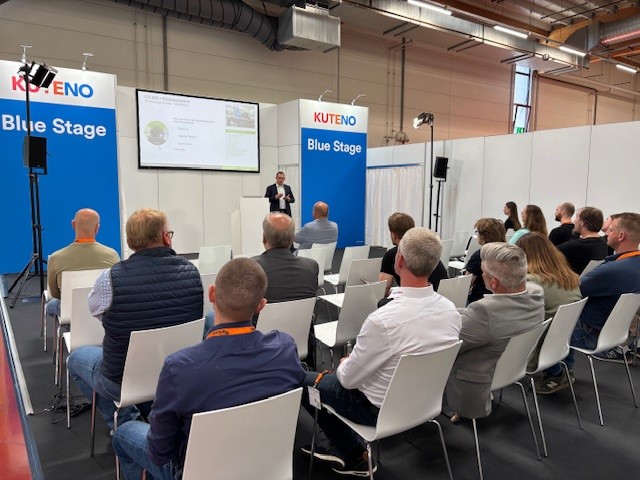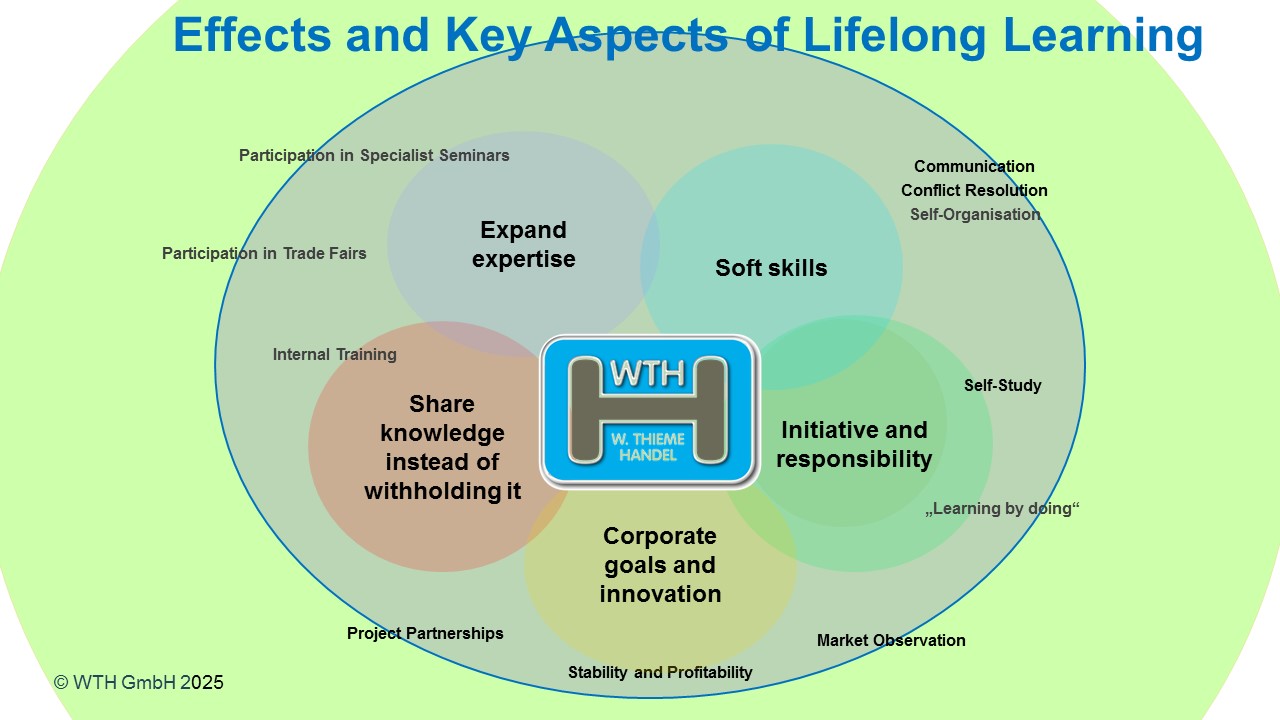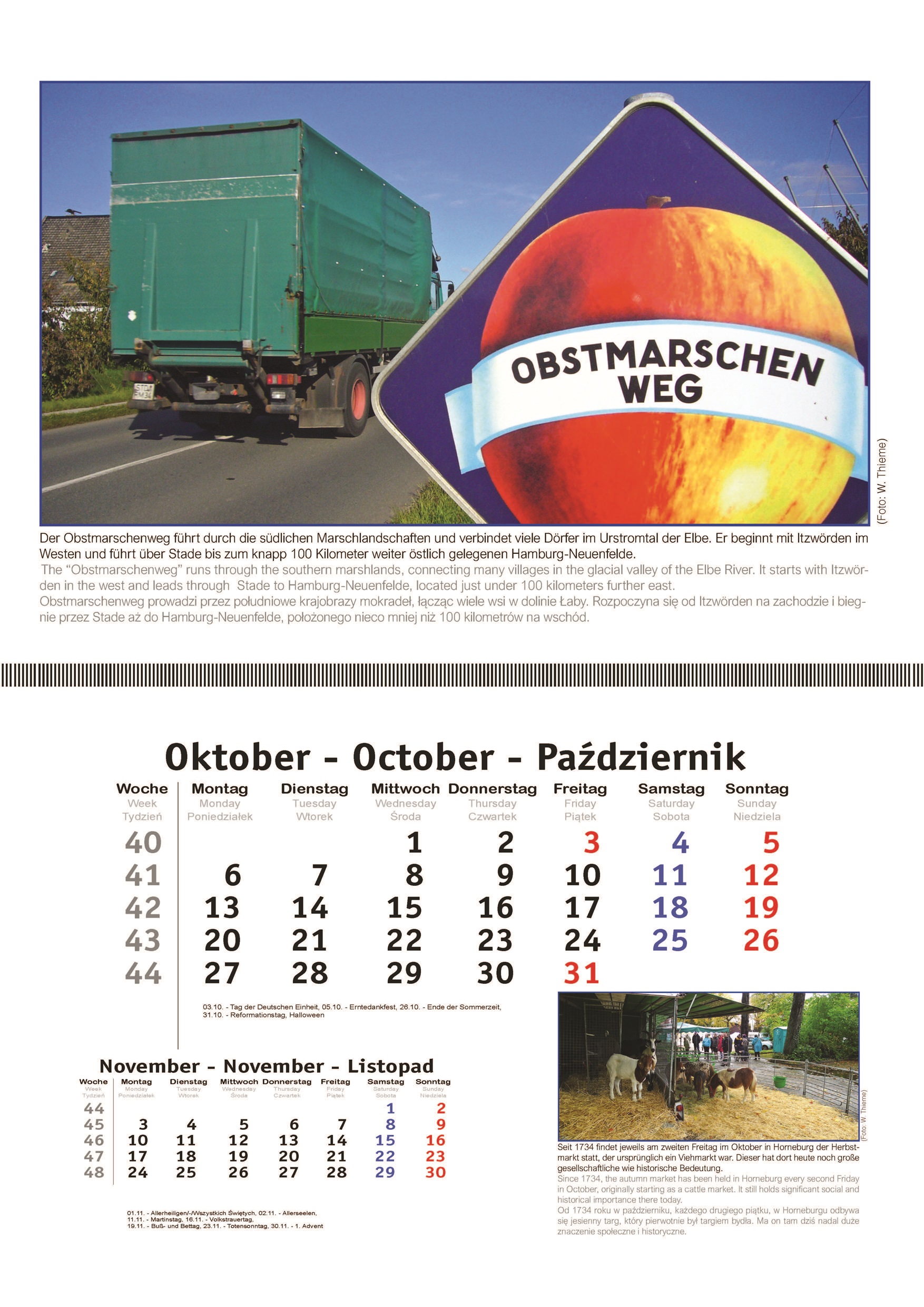Continuing Education as a Survival Strategy in a Changing World of Work
WTH sets clear standards: No learning, no progress
“Lifelong learning is no longer an empty formula, but a survival strategy,” said WTH founder Walter Thieme years ago. The entrepreneur, who constantly expanded his knowledge, recognized that success is not a permanent state but the result of continuous development. That is why he promoted not only his own training but also that of his employees—convinced that individual learning directly contributes to business success.
Today, his son Gero Thieme continues to lead the company in this spirit—with a clear expectation: “Specialist knowledge alone is not enough,” he emphasizes. Increasingly, soft skills such as communication, conflict resolution, and self-organization are decisive. Anyone unable to motivate themselves and others or resolve conflicts remains ineffective despite expertise.

A lack of further training rarely leads to sudden consequences, but almost always inevitably to disadvantages: careers slow down, perspectives disappear, and in the end, interchangeability threatens. Continuing education is therefore not a one-way street from top to bottom. Especially in smaller companies with flat hierarchies such as WTH GmbH, initiative is expected. Those who actively use learning opportunities take responsibility, strengthen their own development, and secure the company’s future viability. Equally important is sharing new knowledge with colleagues and supervisors. This way, everyone benefits, destructive knowledge-hoarding is avoided, and learning gains a broad foundation.

At the corporate level, continuing education is also a strategic tool. Those who fail to understand the dynamics of markets, technologies, and customer needs lose their edge. Conversely, where employees consistently invest in their own development, stability and innovative strength emerge.
That is why visiting trade fairs is a central element of lifelong learning at WTH GmbH: it expands the personal knowledge of our employees, promotes exchange with experts, and provides impulses that are decisive for innovation and the achievement of our corporate goals.
“I do not learn just for myself, but for the future of my company,” summarizes Gero Thieme. This sentence marks the core of WTH’s attitude: learning is not a voluntary add-on but part of the company’s DNA—an obligation, a personal responsibility, and a prerequisite for future viability.



